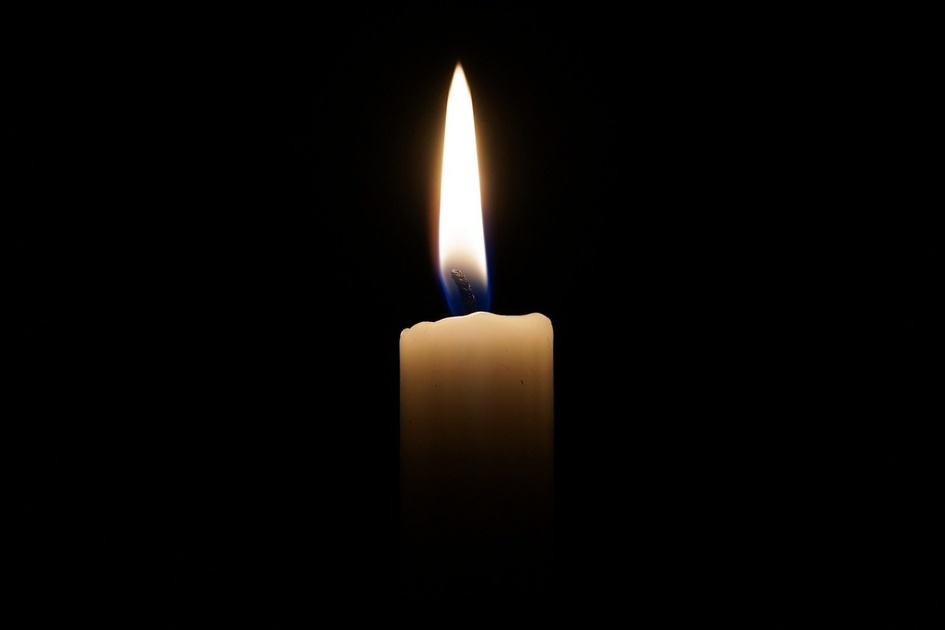
Oh, the Humanity! – Parshat Shemini
This phrase has been etched into my memory ever since the first time I heard the recording of the Hindenburg explosion as a kid. My father bought a set of records with historical recordings and this was among them.
There was a large crowd waiting in anticipation in 1937 for the airship’s arrival. Yet, upon approaching its New jersey landing point, it burst into flames. Upon witnessing the disaster unfolding, reporter Herbert Morrison cried out the phrase: “Oh, the humanity!”1
I hadn’t thought of the phrase until I saw the Abarbanel on this week’s parsha.2 Aharon’s two sons, Nadav and Avihu, had been killed by divine fire. His remaining two sons, who were also Moshe's nephews, were expected to follow protocol that day and when Moshe discovered that they hadn’t, he got upset - and understandably so. He didn’t want any more tragedies. Losing two nephews was enough.3 When he spoke with them about having ignored protocol, Moshe's brother, Aharon, intervened. The Abarbanel explains that Aharon was explaining the behavior of his two remaining sons. First of all, they are newbies. Today was their first day on the job, says Aharon. They are bound to make mistakes. Secondly, he continues, there was a profound incident today. “Oh, the Humanity!”, Aharon cries out to Moshe. It would certainly be understandable if on such a tragic, traumatic day for these two new priests, they might falter in their duties. And Moshe agreed.
There are two sides to this issue of humanity here. First of all, the pain, sadness and shock experienced - in the same vein as Morrison’s cry - on the great sudden tragedy of Nadav and Avihu's sudden death. Second the beauty of Aharon’s soul to be aware of the profoundness of the moment. He showed his true humanity in rising above the situation and being clear enough, while being in turmoil himself over losing two sons, to explain to Moshe the humanness of the situation.
Having just had Yom Hashoah, there were many stories of people expressing their humanity during the awfulness of the Holocaust. People showing their personal heroism was a daily occurrence – even in the ghettoes and concentration camps.
"..everything can be taken from a man but one thing: the last of the human freedoms—to choose one’s attitude in any given set of circumstances, to choose one’s own way." Frankl
Dr. Viktor Frankl wrote of several instances where people gave of themselves - even when there was nothing left to give. A last piece of bread, an attentive ear, some kind words. These actions showed the humanity of those who were there and though living in unthinkable circumstances, refused to become sub-human, even when that behavior would have been understandable. He writes that although there weren’t many who behaved in this fashion, “… they offer sufficient proof that everything can be taken from a man but one thing: the last of the human freedoms—to choose one’s attitude in any given set of circumstances, to choose one’s own way.”4
We all have that choice - even in the face of tragedy. I don’t wish on anyone to be in that situation. But we can know that even in situations where we might cry out: “Oh the humanity”, our humanity can still shine through.
Image by Andreas Lischka from Pixabay
Footnotes
- This phrase, jogged from my memory, can be heard in the following recording – https://www.youtube.com/watch?v=nJ4XsHRZmpw&t=18s
- The story is recounted in Vayikra 10:12-20
- An article about Moshe and Aharon’s reactions, The Other Mourners, can be read here - https://frumtherapist.com/AvrahamAllanFriedman/the-other-mourners---parshat-shemini.html
- Frankl, Viktor E.. Man's Search for Meaning (p. 66). Beacon Press. Kindle Edition.
Have A Great Shabbat!![]()
For More Information On Logotherapy And How You Can Create A Fuller, More Meaningful Life, Or To Book An Online Session,
- Call Me At +972-54-589-3399, or in Israel 054-5893399
- Contact Me Thru my email at [email protected]

 Previous
Previous

